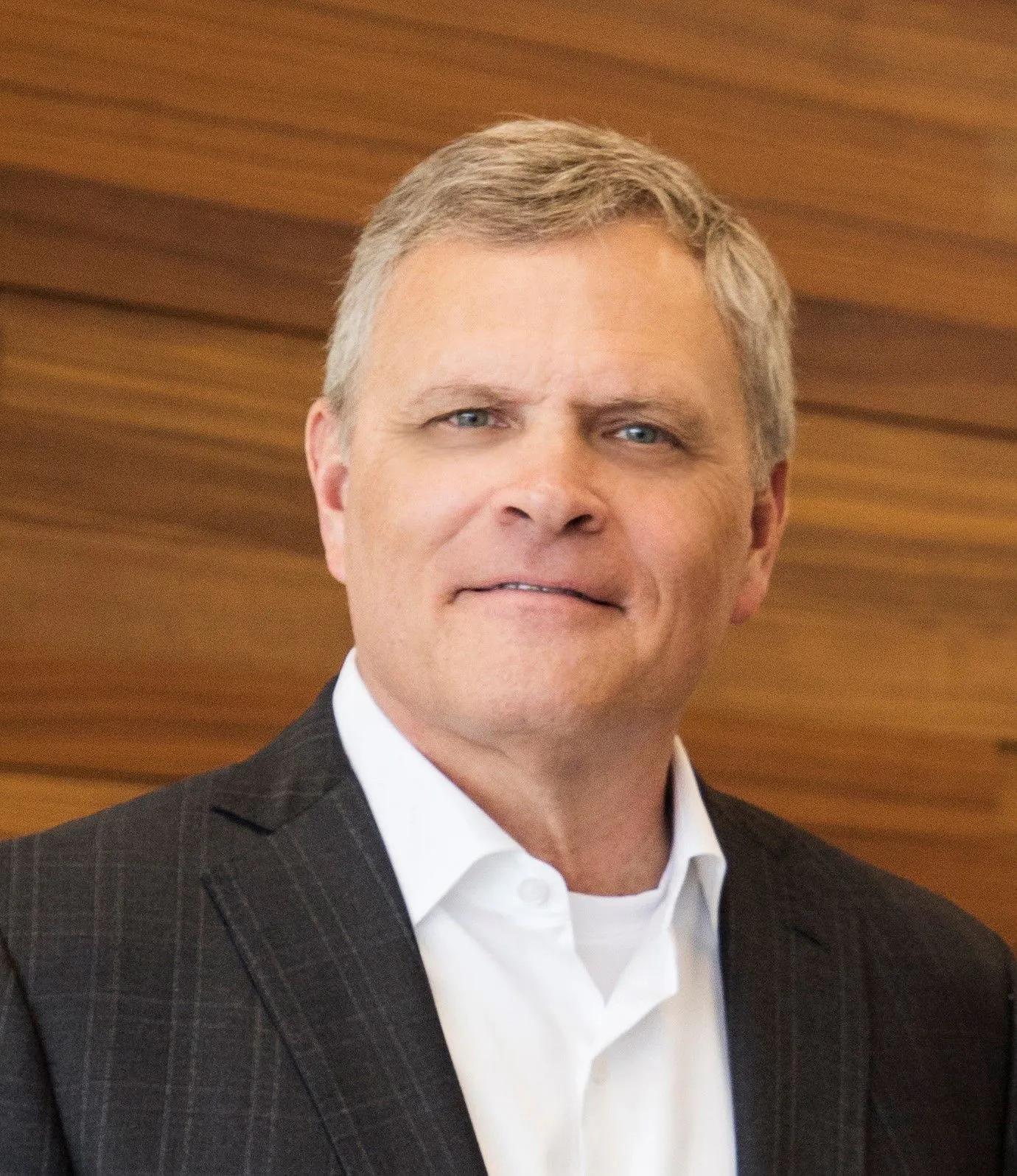Article
The Way I See It: I'm done with debt
The author remembers the best piece of money advice he ever received-and it was free.
My grandfather had a third-grade education and worked for the railroad for 48 years before he retired in the late 1960s. I have many special memories of him, but one that stands out was the time this simple blue-collar man opened his wallet to show me a $100 bill for the first time in my life. And not just one-there was a bunch! It was more cash than I'd ever seen, and I thought he was rich. It turned out I was right.
Granddaddy had a simple financial philosophy: If you don't have the money, don't buy it. My parents used to joke about how he scolded them for borrowing money to buy a house; still, my mother would admit that she had trouble sleeping knowing they were $18,500 in debt.
After completing my residency, my wife and I were deep in the red from car and student loans. I must have inherited part of the debt-discomfort gene (maybe it's X-linked) because I felt like a car was parked on my chest. To relieve my "fin-angina," I planned a debt reduction strategy with my wife. We started paying extra on our loans and vowed that any future purchases would be in cash. Granddaddy would be proud. Even so, I realized it made more sense to make a mortgage payment and build equity than rent so we purchased a house-with help from the bank.
After about six years of budgeting and belt-tightening, we made the last payment on our mortgage. As I looked at the somewhat meager balance in my checking account, I thought about my grandfather's wallet. The several hundred dollars may very well have been his entire savings. His true wealth was that he didn't owe anyone a cent-not even for the roof over his head.
I realize, of course, that I couldn't have become a doctor if I hadn't been willing to incur some debt. I like to think that even in his unparalleled fiscal conservatism, my grandfather would think I made the correct choice.
What I've come to learn from his wisdom over the last few years is that living beyond one's means is a serious prospect to which we've been desensitized. Late last year, a patient told me he saw me driving down the street in my '96 Chrysler, and said he was happy to know that his doctor thinks about something other than money. My wife and I passed on buying a new car or furniture, or even much in the way of new clothes, feeling those things weren't worth prolonging our debt. We've never regretted those choices.
Many of you probably think our financial priorities were misguided or just plain crazy, but we decided that funneling our money into the stock market for the promise of long-term returns while facing immediate fiscal uncertainty and shrinking cash flow didn't feel right. That's okay; for the moment, like my grandfather, I'm enjoying sleeping under my very own roof, and I don't owe anyone a cent. Don't knock it 'til you've tried it.





